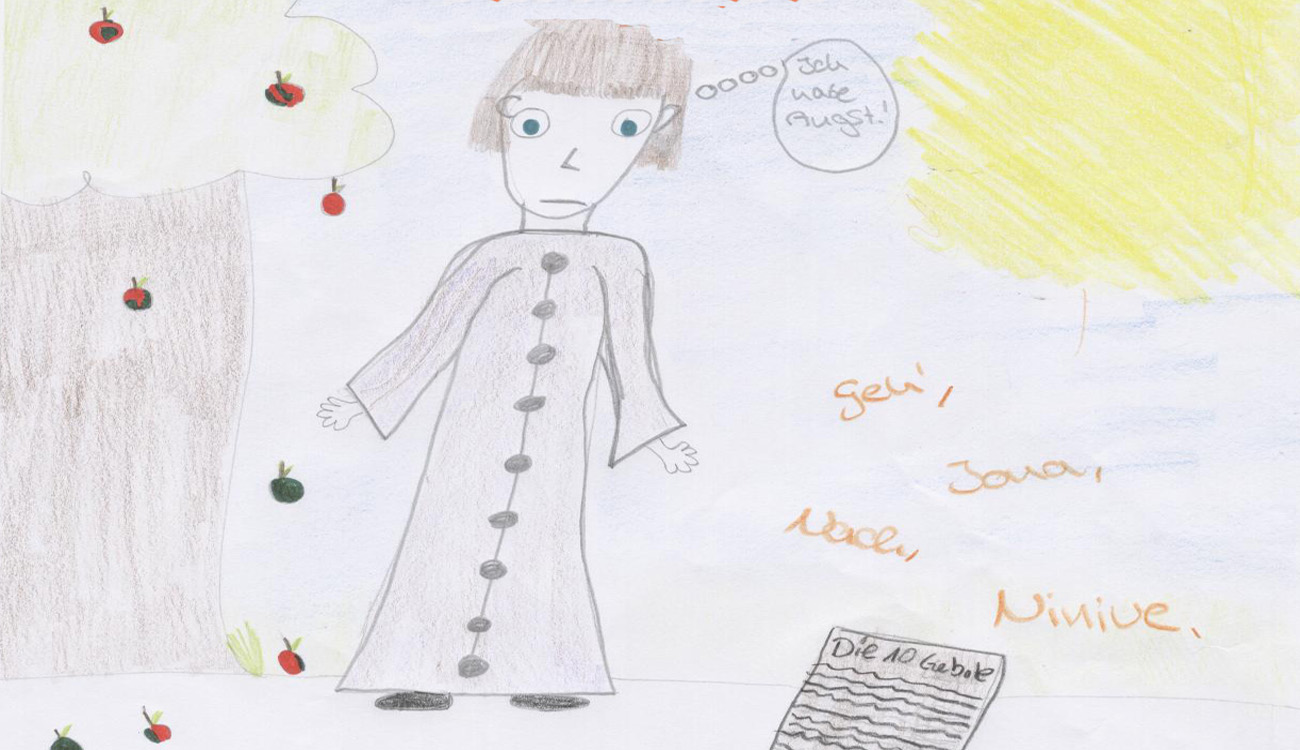
About the Prophets in the Old Testament
We meet the Prophets in the books 1st and 2nd Kings, 1st and 2nd Chronicles and in the Books of the Prophets. The word “prophet” has got many meanings: messenger, bringer of good/bad news, seer, speaker, the called or caller, God’s man.
Men and women of the Old Testament or rather the Old Covenant (God’s covenant with Abraham – see the stories about the Father or ancestors) had a special relationship with God when they were called by Him (i.e. Isaiah 6,1-14).
The Prophets were totally independent from the people but were authorized messengers of God and dependent on Him. God told His different prophets at different times to tell people his message and give instruction in various situations, i.e.
- in the case of the distortion of faith in the God of Israel and the mixing of the people of Israel
with foreign cultures (Hosea 8,6 ff)
- when the Israelites took their political actions out of their faith in God (Isaiah 7,1-9)
- in the course of the economical development after the formation of their state (Isaiah 5,8)
The Prophets warned, on God’s authority, about the effects of God's judgement if they reversed their faith and were disobedient towards him(Amos 4,6-13).
The Prophets were God’s gifts to his people of Israel as the warning conscience through which He contacted his people. The Prophets were watchmen, their words brought people’s sins to light, their words were warnings and their messages were the announcement of God’s judgment. as a result of this role they stood isolated and lonely between God and the Israelites. Because of the unpopular nature of their messages they often lived dangerously.
The message, was often given as a speech, a song, an appeal or a parable.
In the message of the prophets we see clearly the universality and broadness of the Word of God. Because it isn’t limited or confined to the people of Israel it is often a message for all peoples (Isaiah 2,4) and it can effect our present time, too. Isaiah’s message which is spoken in a certain historical situation points to the future also points to God’s all-dominant new start for all people, to Jesus Christ (Isaiah 9,5 ff; 11,1 ff; 53) as well as the New Testament or New Covenant with all people (Ephesians 2, 11-22).
Some Prophets have their own books in the Bible which carry their names. They are called scribe-prophets. We divide them into major (big) and minor (small) prophets.
We call the prophets “Small” who only have few chapters. These are the 12 books of these prophets: Hosea (14), Joel (4) Amos (9), Obadiah (1), Jonah (4), Micah (7), Nahum (3), Habakkuk (3), Zephaniah (3), Haggai (2), Zechariah (14), Malachi (3).
The "Big" prophets have many chapters i.e. Ezekiel (48), Jeremiah (52) and Isaiah (66).
Often their books weren’t always written by the prophets themselves but by their pupils (Jer. 36).

